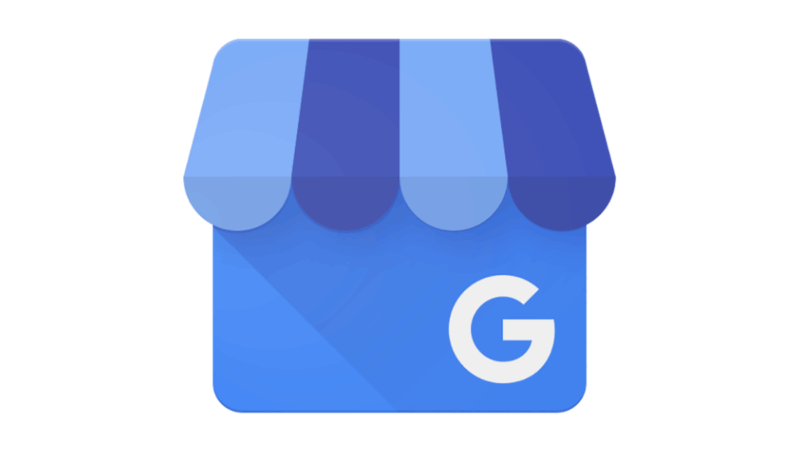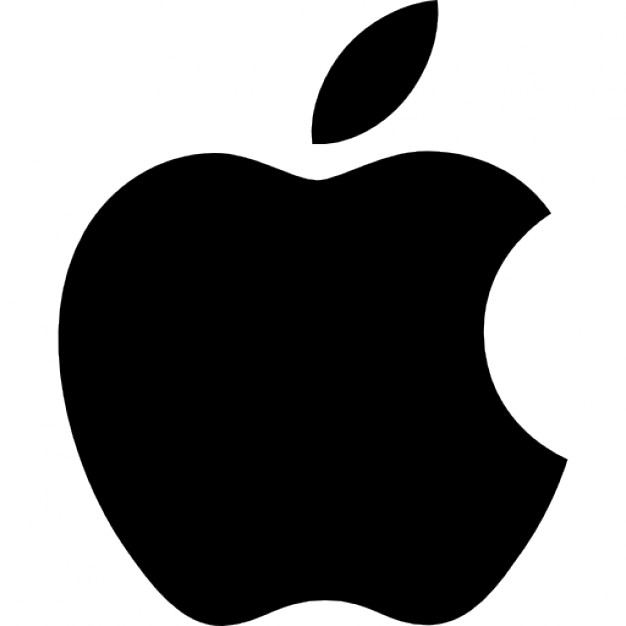How We Acquired A Junk Removal Business And Grew It To $1.2M Per Year
Hello! Who are you and what business did you start?
Hello, I'm Ben Sharpe, a seasoned entrepreneur based in Seattle with over 20 years of experience in owning and managing various service businesses. With a background in electrical engineering, I've always been driven to innovate and improve operations.
In January 2023, I acquired Junk B Gone, a leading junk removal service in Seattle. We offer full-service junk removal for both residential and commercial clients, focusing on keeping our community clean and environmentally responsible.
Since taking over, we've nearly doubled the size of the business based on revenue and have expanded our team from 8 to 12. This growth has been driven by the integration of key tools like a CRM system for better customer communication, Jobber for efficient scheduling, and a revamped website to improve the customer experience.






































